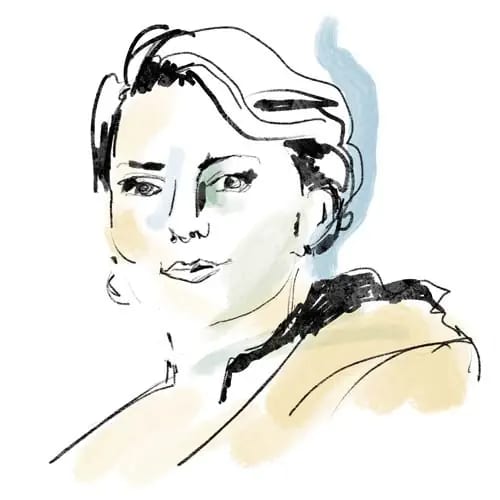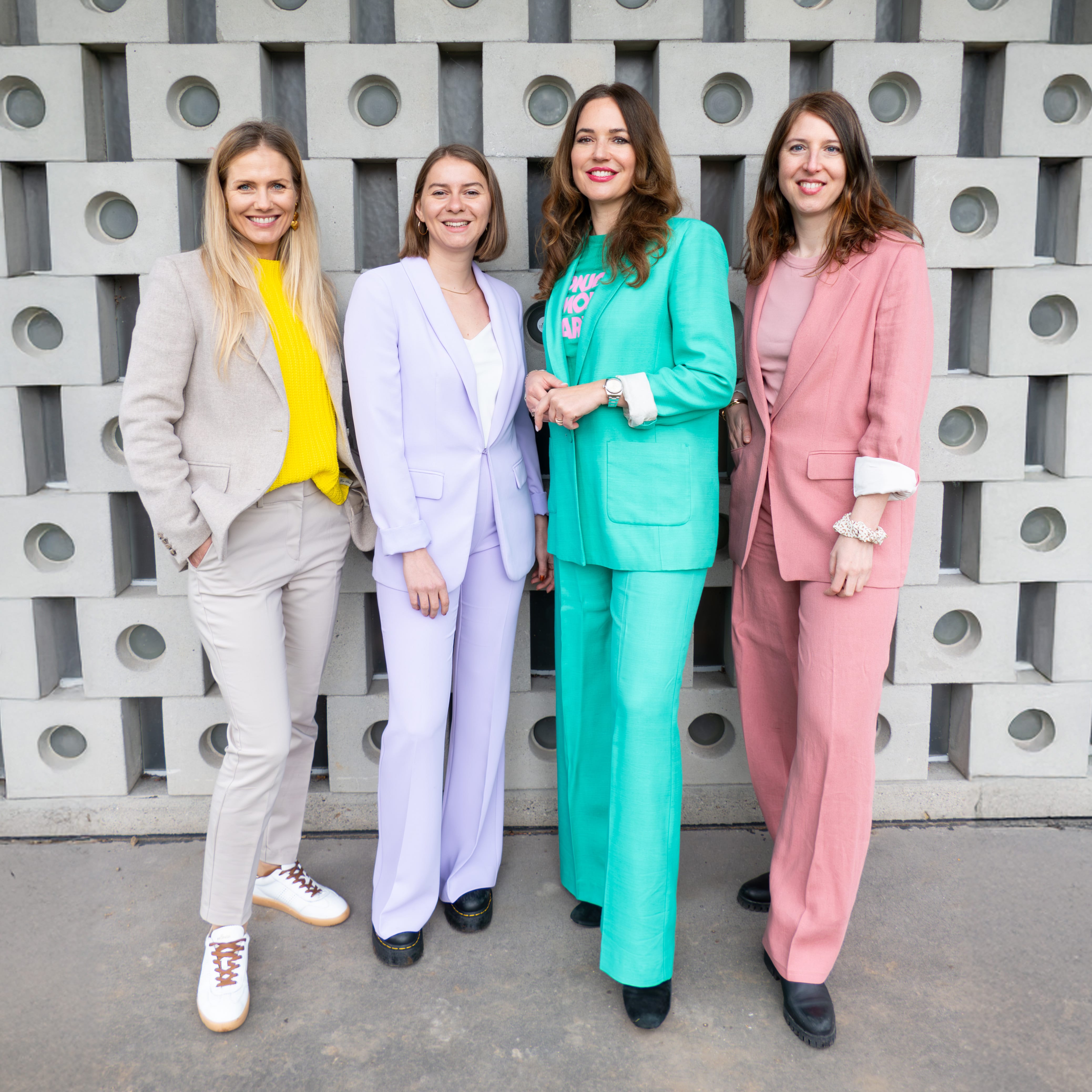I don't like money. I really don't. I don't like having any money either, of course, but not liking a lack of money is not the same as loving money. Conversely, money doesn't seem to like me very much either - perhaps this is why for most of my life the two of us have gone our separate ways.
Let me explain.
Growing up in a highly political but mouse-poor household in Zurich's Kreis 1, right next to Europe's biggest open heroin scene, the Platzspitz, from an early age I learned only one skill when it came to finances: none.
We had little, and what we had was immediately spent again: For health insurance premiums, telephone bills and the ridiculously low rent of our 3-room attic apartment with toilet in the hallway. For food, school supplies and occasionally a "new" piece of clothing from the Caritas store or the children's clothes exchange. That is how I grew up. Expensive toys were just as beyond my grasp as expensive hobbies, and I could only dream of Barbie's dream house - which wasn't only due to the money, but also to my single mother's feminist principles of life. But that's another topic.
Easy come, easy go.
This relationship with money - or rather, this lack of a relationship - has stuck with me to this day. To put it mildly, my approach to monetary resources is based on short-term parameters. I do not manage to save money, let alone increase it in any way. "Easy come, easy go," you might say.
However, this trait does not have only negative sides. I am not the least bit materialistically inclined, for example. For someone like me, who regularly loses or misplaces her possessions, such an attitude simply doesn't make sense. I don't attach myself to things and, for the most part, I pursue other goals in life than the accumulation of possessions. The driving forces behind what I do are fun, excitement, and the subjective sense of meaning. Already as a child, my standard answer to the question "What do you want to be when you grow up?" was succinct: a thick book with as many interesting chapters as possible.
Such are the positive aspects of my deficient connection to material matters. However, if I cast a glance beyond the horizon of my own little self, this characteristic is quite problematic.
My indifference to money is a privilege.
For one thing, it reveals how privileged I am in spite of everything. Not having to be interested in monetary and material things is a huge privilege that few people are given. All my basic needs were always covered, despite a childhood at the Platzspitz featuring syringes thrown into the sandbox. I had the opportunity to go to school and did very well there - quick, clever, and eloquent as I am. I was encouraged, supported, and motivated to study. I had to finance my university education (journalism and economics, of all things!) myself, but within a system that makes this possible and enables people from educationally disadvantaged backgrounds to study. In short: I belong to the elite of humanity. And this, despite the fact that I am a woman!
A lot of girls are not granted this luxury. Two-thirds of all illiterate people worldwide are still female. Women still own only 40 percent of the world's wealth, with women in Europe and the USA being disproportionately better off than women in India or Africa. Most women still leave financial decisions to their partners - even here - and many more women are living below the poverty line compared to men.
So on the one hand, my lack of interest in money is a luxury that I can afford as a privileged, white, heterosexual Swiss woman. On the other hand, it also reflects a global phenomenon of inequality of opportunity between the sexes - which, of course, goes completely contrary to my convictions as a feminist.
I have therefore decided to improve my relationship with money, purely as a matter of principle. If I have more monetary resources, women have more monetary resources; after all, we all make up the statistics together. And if I in turn invest more monetary resources in women, I will not only become a richer woman but perhaps also a better person.




